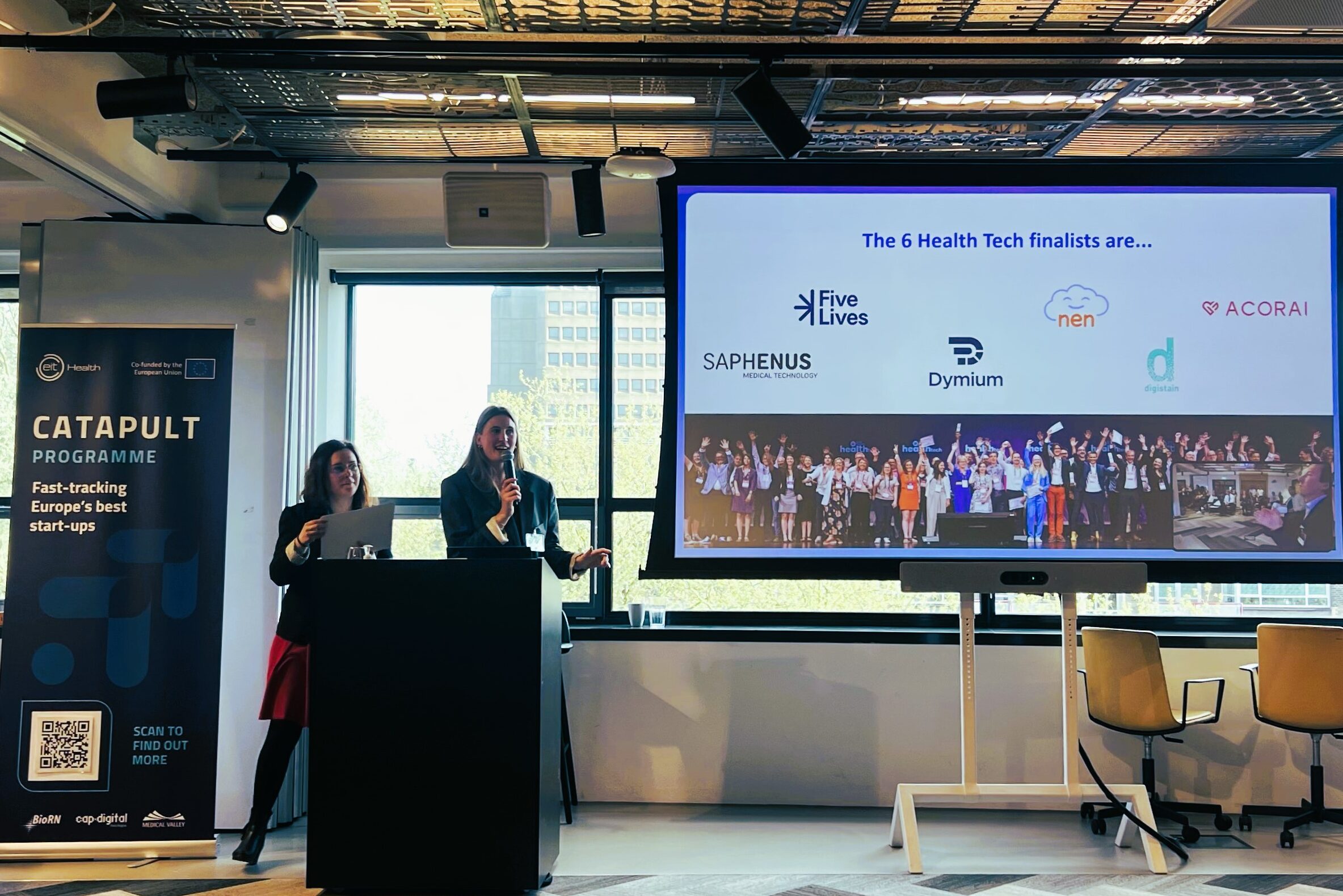27th August 2020
Three Fellows, based at the Oxford Healthtech Labs, have reached a key milestone in the Global Insight Fellowship (GIF) Programme and hope to deliver a prototype healthcare concept in the ventilation space.
Supported by EIT Health, the Global Insight Fellowship trains the next generation of global innovators to deliver technologies that create social impact on a global scale. The Fellows receive mentorship from experts in ‘Need-Led Innovation’ – a systematic and proven approach to ‘needs’ finding that encourages collaboration with stakeholders from diverse healthcare settings to deliver biomedical solutions.
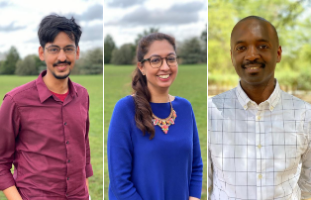
According to one of the Fellows, Dr Myra Malik, the Programme marries theory with the reality of healthcare innovation. She says: “The Fellowship combines theoretical knowledge with real-world practical experience in healthcare innovation with global experts.”
With a large majority of the world’s population receiving healthcare in a resource-constrained setting, the Fellows conducted a month-long observation period at a hospital in Saint-Louis, Northern Senegal, to work with local experts to identify the most pressing needs within maternal and neonatal care in a resource-limited setting.
Fellow and Electrical Engineer, Mihir Sheth, who has previously developed and launched an Autologous Blood Transfusion Device in Kenya, says biomedical technology needs to work across a range of healthcare settings.
“This experience [in Kenya], along with growing up in India, has really driven me to create medical devices with intention – in that they should be designed to work with and for the situations that they will be used in, which includes hospitals in high as well as low income countries,” he says.
During their time in Saint-Louis in February of this year, the Fellows immersed themselves in a clinical setting and compiled over 1000 observations and identified 400-plus needs – which were later narrowed down to 30 with the help of local experts.
Having collated their findings into a report, the Fellows planned to return to Senegal to present a series of workshops with staff and patients at the hospital. However, in light of the COVID-19 pandemic, the Fellows researched potential solutions instead and included examples that were already being developed in the region. The report findings were delivered at a teleconference with the local team in June.
What’s next for the Fellows?
Alongside their work to support local health services in Senegal, the Fellows have identified two needs that are applicable across a range of healthcare settings and will develop a prototype healthcare concept in the ventilation space that can be taken forward for clinical translation.
As the Fellows reach a pivotal moment in the Fellowship, they share their experiences – and tell us what we can expect next from this promising team.
Dr Myra Malik
Prior to the Global Insight Fellowship, Dr Myra Malik was a Locum Consultant Anaesthetist working in London with a special interest in obstetric anaesthesia. She has also completed a Master’s degree in International Health Management.
In recognition of her clinical and non-clinical career, Myra wanted to combine her interests to gain practical experience in healthcare innovation.
According to Myra, the team’s time in Senegal helped better their understanding about how to assess needs.
She says: “Being part of the Fellowship means we have access to world-class expertise and have reached out to experts to help guide the process of the needs selection and needs refinement.”
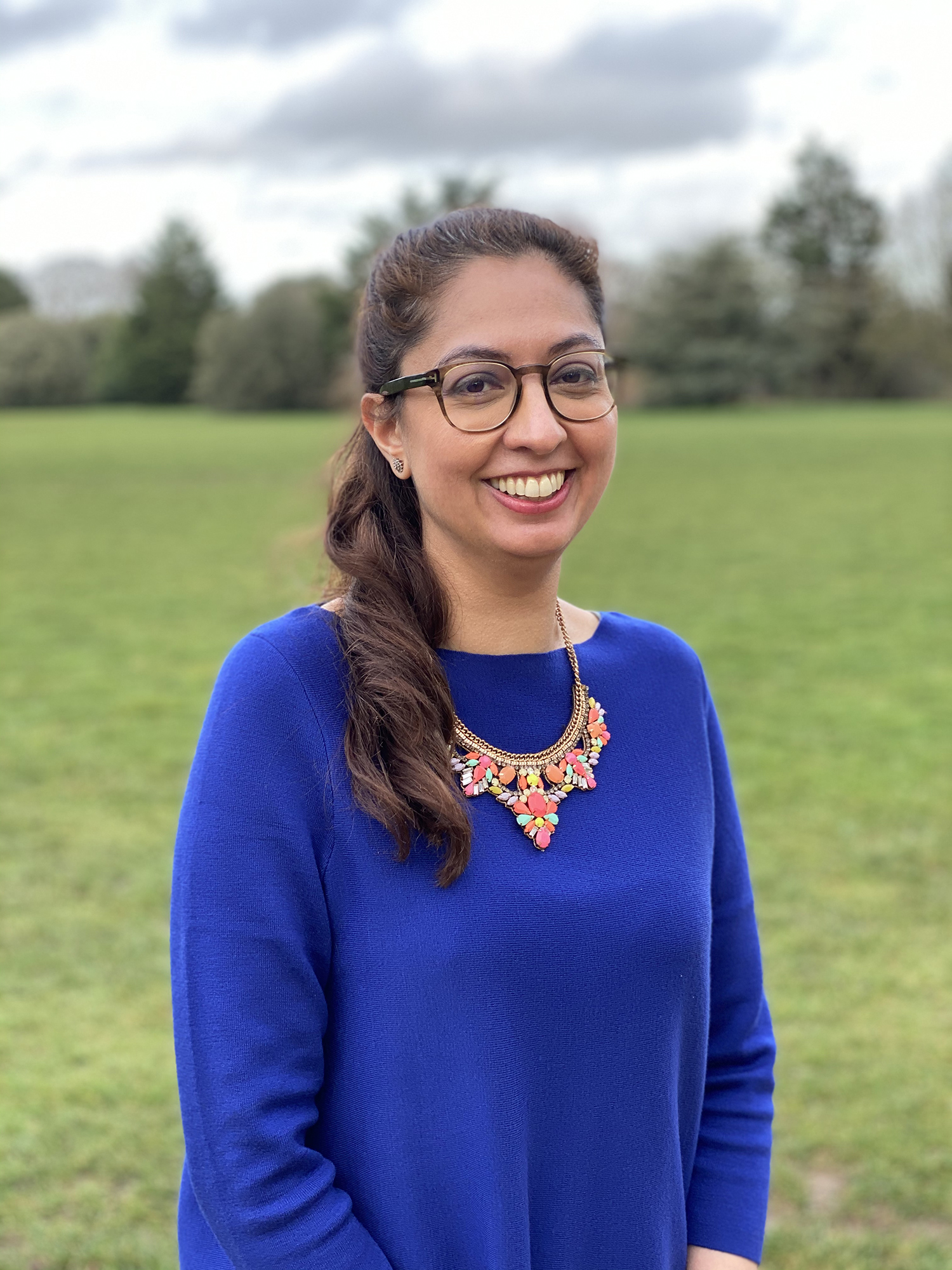
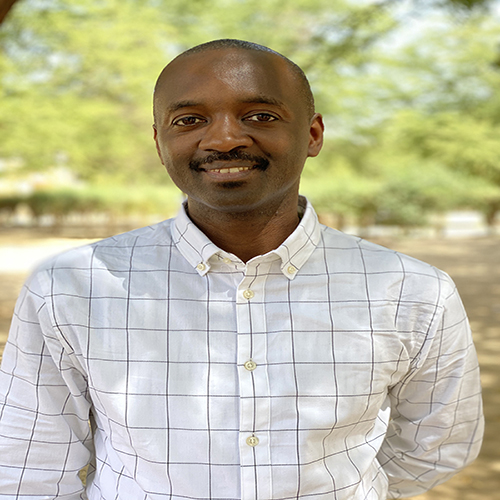
Abdoukhadre Sall
Sall was prior to joining the program employed at the Paris City Council, as an administrative assistant in the Directorate of Cultural Affairs. He was also an independent consultant, working with the firm ARS-Consulting (Dakar). He has been based in Paris and often traveled to Senegal for his consulting activities.
Sall holds a Master’s degree in law and management of health institutions and a Master’s degree in political science and sociology (public policy) from the University of Paris 8 Saint-Denis.
He has always aspired to work towards improving Senegal’s healthcare system.
Mihir Sheth
Mihir Sheth graduated with a BSE and MSE in Electrical Engineering from the University of Michigan. According to Mihir, the Programme has given him a valuable set of tools and lessons in ensuring the right innovation is developed.
He says: “I’ve really come to value the needs-led approach and the importance of truly understanding the problem before you even start thinking of the solution.”
Galvanised by their findings, Mihir says the team’s next steps in the innovation track include exploring and narrowing down the solution space for the identified needs.
“We are spending some more time to get an in-depth understanding of the problem from a clinical, technological and economic perspective,” explains Mihir.
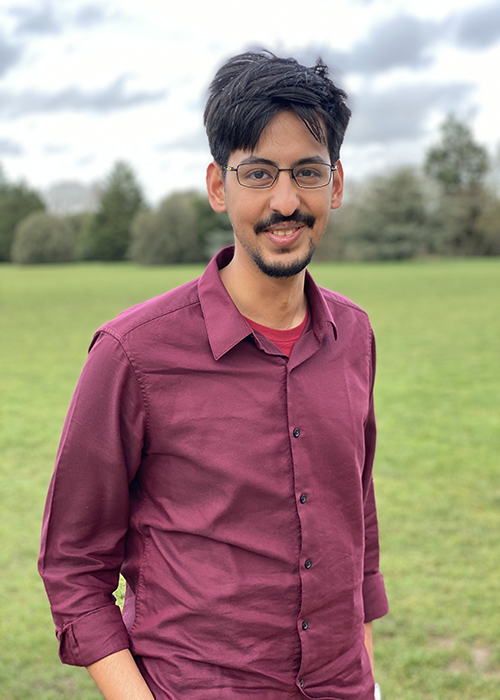
Health experts make recommendations on EHDS implementation
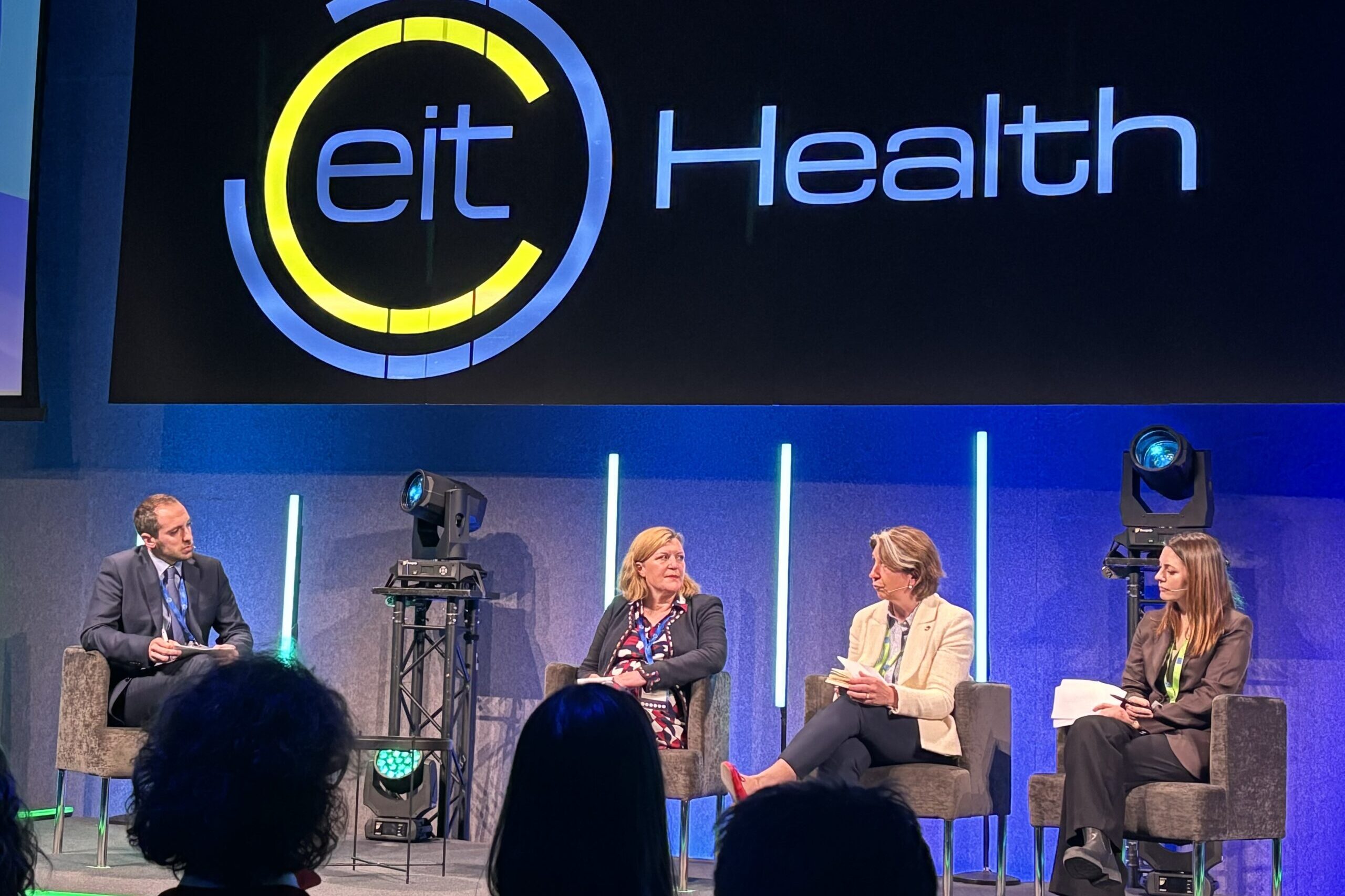
Discover our new Think Tank report.
EIT Health-supported ABLE Human Motion receives CE mark
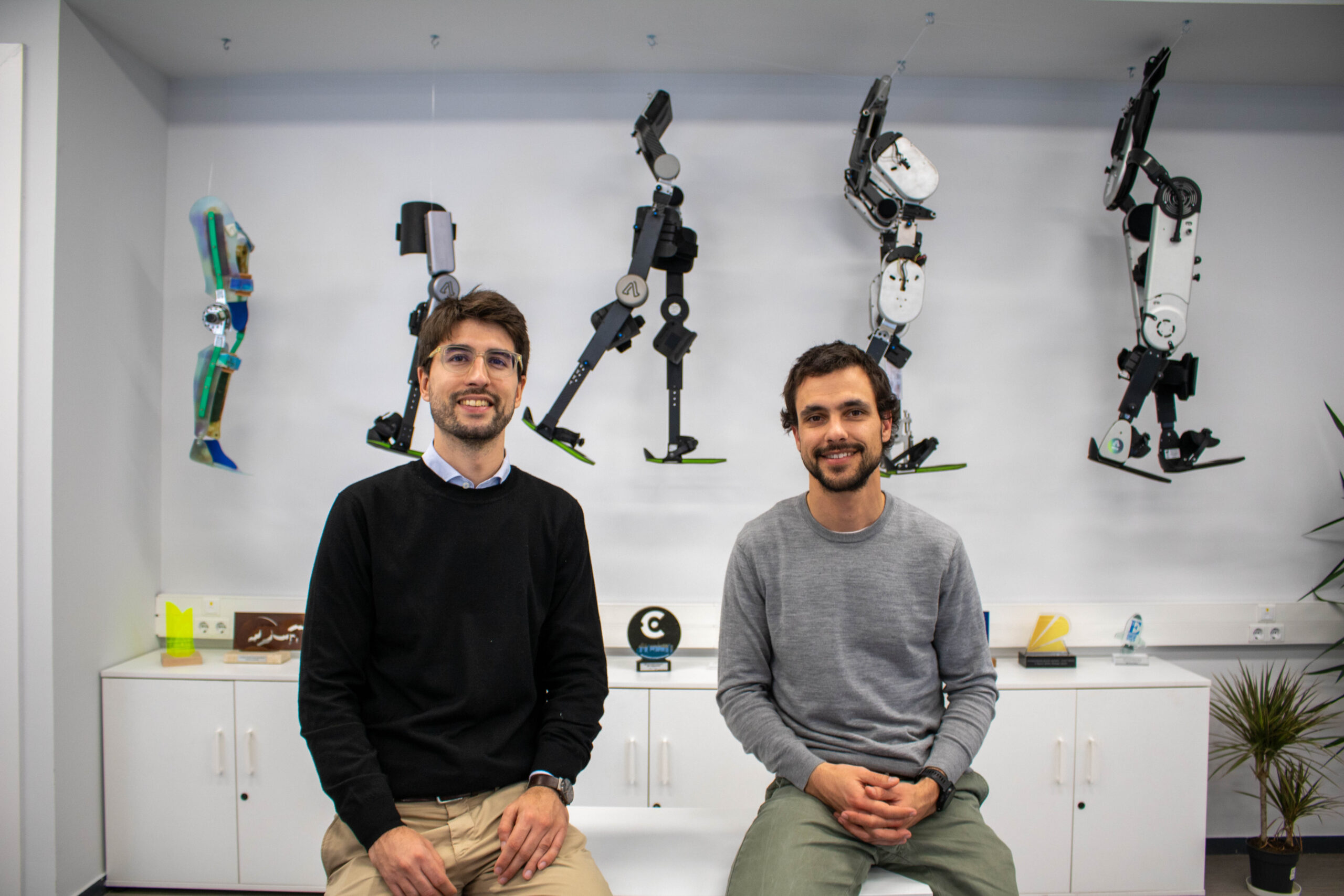
Learn how EIT Health has supported their journey.
